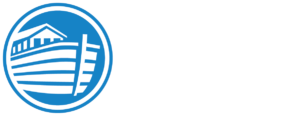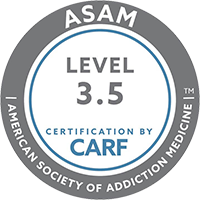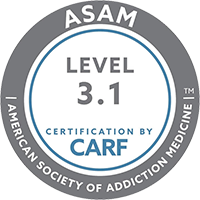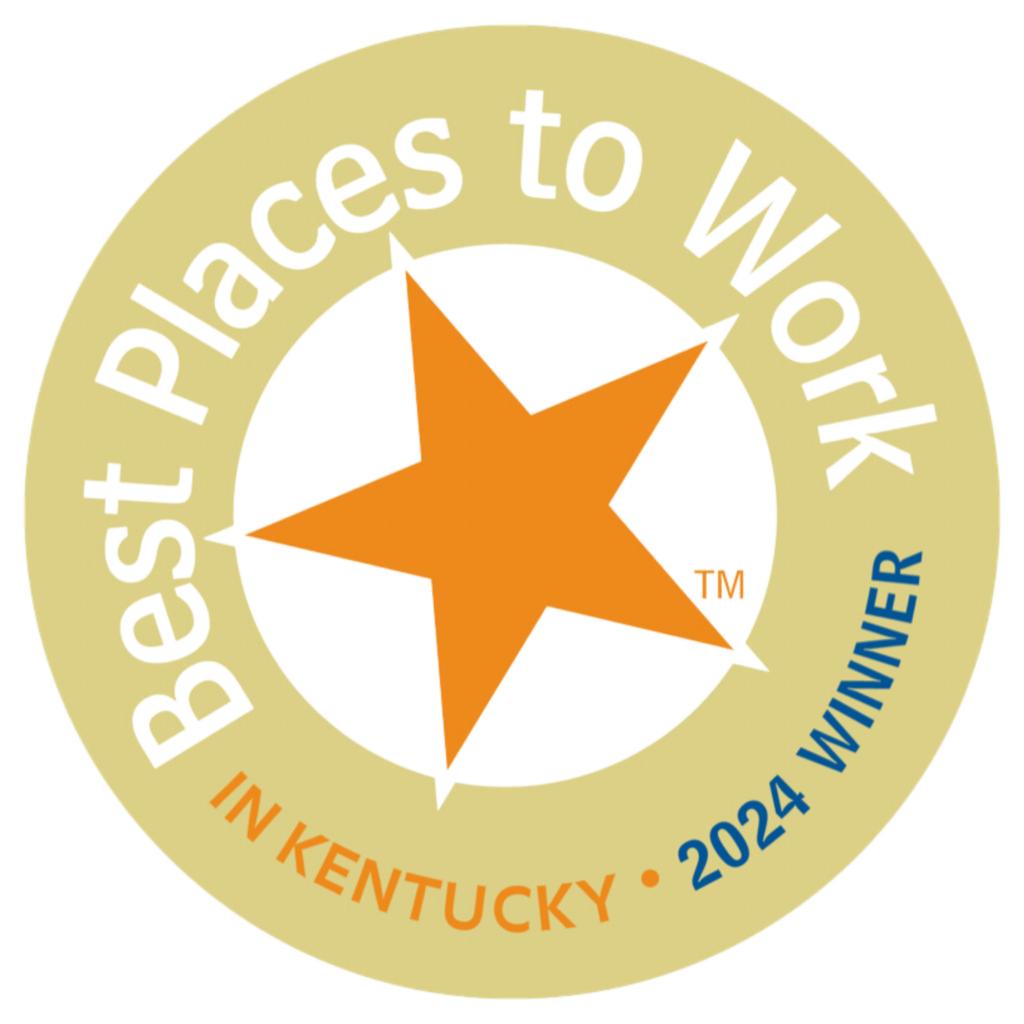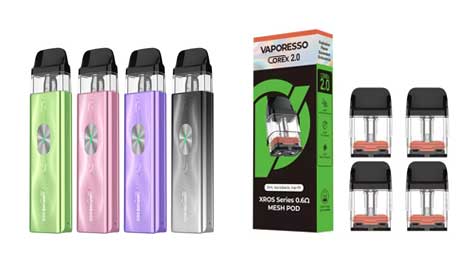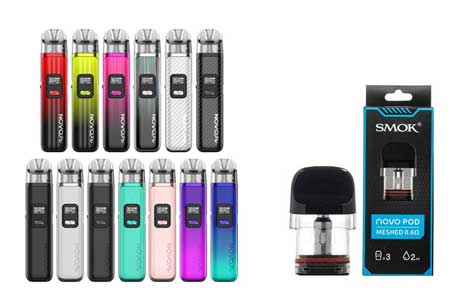Coming to Treatment

Add Your Heading Text Here
What to Bring
- 5 days worth of clothing/outfits including underwear, socks, etc.
- No more than 4 pairs of shoes.
- Personal Hygiene- shampoo/conditioner, towel, toothbrush/ toothpaste, body wash, deodorant, shower shoes, etc.
- Bible, AA book, NA book, spiritual and/or recovery material
- Writing supplies
- Tobacco products & disposable, unopened vapes - Click for more details
- Current medications with prescription in container
- Backpack
- Debit/Credit cards
- Cell phones and MP3/headphones can be brought but will be locked up until such time as these privileges are granted.
- Court paperwork (if applicable)
What Not to Bring
- Any hygiene products containing alcohol
- Weapons, knives, etc.
- Drugs/Paraphernalia or Alcohol
- No food and drink
- No Cash
- Clothing with vulgar language or reference to drugs/alcohol, violence, sex or that would be considered offensive to others.
Who is Addiction Recovery Care?

Add Your Heading Text Here
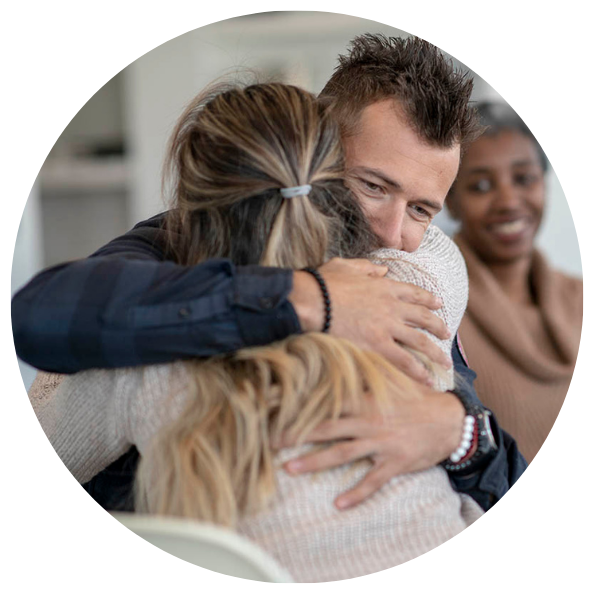
Who We Are
Addiction Recovery Care (ARC) operates a network of over 15 best-in-class addiction treatment centers throughout Kentucky. The organization, headquartered in Louisa, Kentucky, offers a full continuum of care including detox, residential, transitional living, intensive outpatient, outpatient, medically assisted treatment (MAT), vocational rehabilitation, and job training.
The treatment centers are holistic, with CARF-accredited clinical programs utilizing evidence-based practices, medical services, a spiritual emphasis that includes the 12 steps and chaplaincy, and a broadening scope of vocational training opportunities for clients.
What to Expect While in Treatment

Add Your Heading Text Here
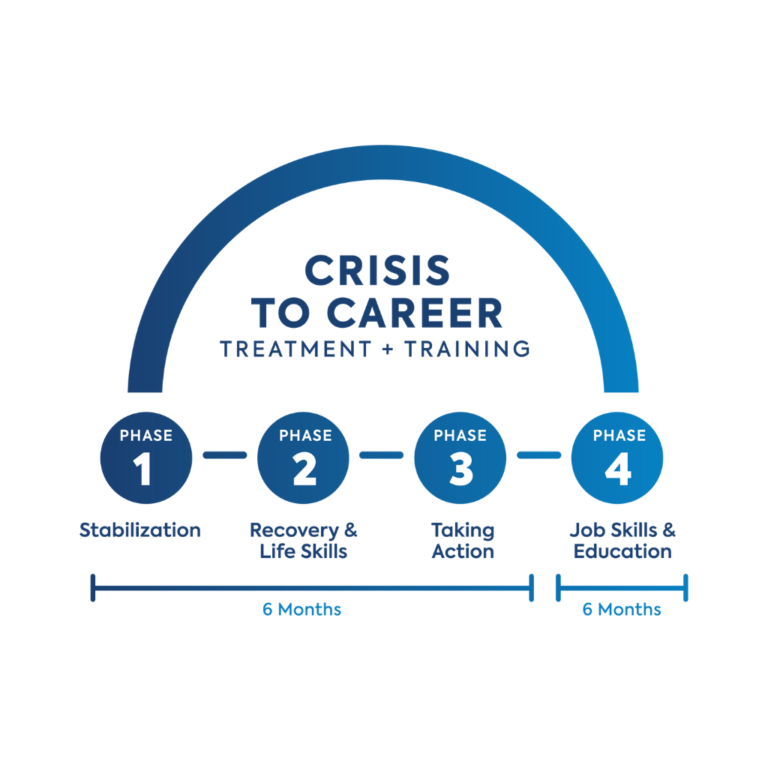
* Your days in each phase are based on your individual needs, progress in the program, motivation, and medical necessity.
The following information will help inform you of what you can expect as you begin this new journey
Our Treatment Phases
Guided by our holistic approach to care, we are focused on treating the whole person—mind, body, and spirit—we’ve built a four-phase program that prepares you for long-term recovery.
Our program is designed to take you from detox all the way through completing an internship with ARC.
Each client begins with our foundational phase 1 program and may progress to additional phases.
Phase length varies depending on client medical needs.
PHASE 1
Stabilization
In phase one we focus on 1) getting the substance(s) out of your system, 2) helping you understand how your addiction has affected your mind, body and spirit, and 3) developing a personalized recovery plan.
PHASE 1 Includes:
- Supervised Detox
- One-on-One and Group Counseling
- 24/7 Addiction Specialist Support
- A Personalized Treatment Plan
- AA, NA and Celebrate Recovery Meetings
PHASE 2
Recovery & Life Skills
Phase two starts your transition for practicing recovery focusing on peer support and giving practical tools and assistance to get back into work and school (e.g. paying bills, finding housing).
PHASE 2 Includes:
- Intensive Outpatient Care
- Personalized Case Management
- Spiritual Life Options
- Continued One-on-One and Group Counseling
- Peer Support in a Sober Living Environment
- AA, NA and Celebrate Recovery Meetings
PHASE 3
Taking Action
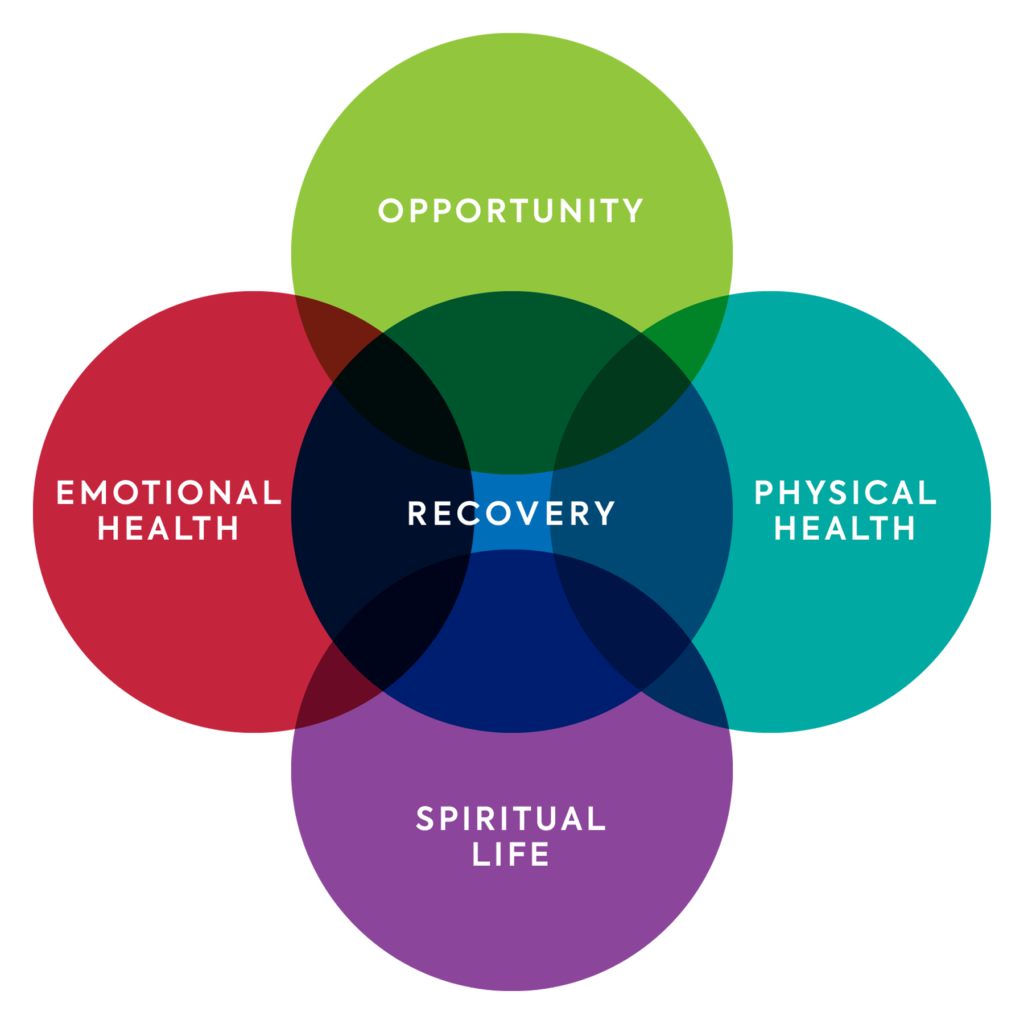
PHASE 3 Includes:
- Giving Back
- Educational Programming
- Case Management
- Peer Support
PHASE 4
Job Skills & Education
During the final phase of treatment, we provide an opportunity for you to build life skills through participating in our internship program. This will give you on the job training while you are also participating in an education program, and prepare you for a career either inside or outside of ARC.
PHASE 4 Includes:
- Internship at ARC Centers
- Required Educational Programming
- Specialized Job Training
- Part-Time Employment
- Continued Rehabilitation & Counseling
What to Expect While in Treatment

Add Your Heading Text Here
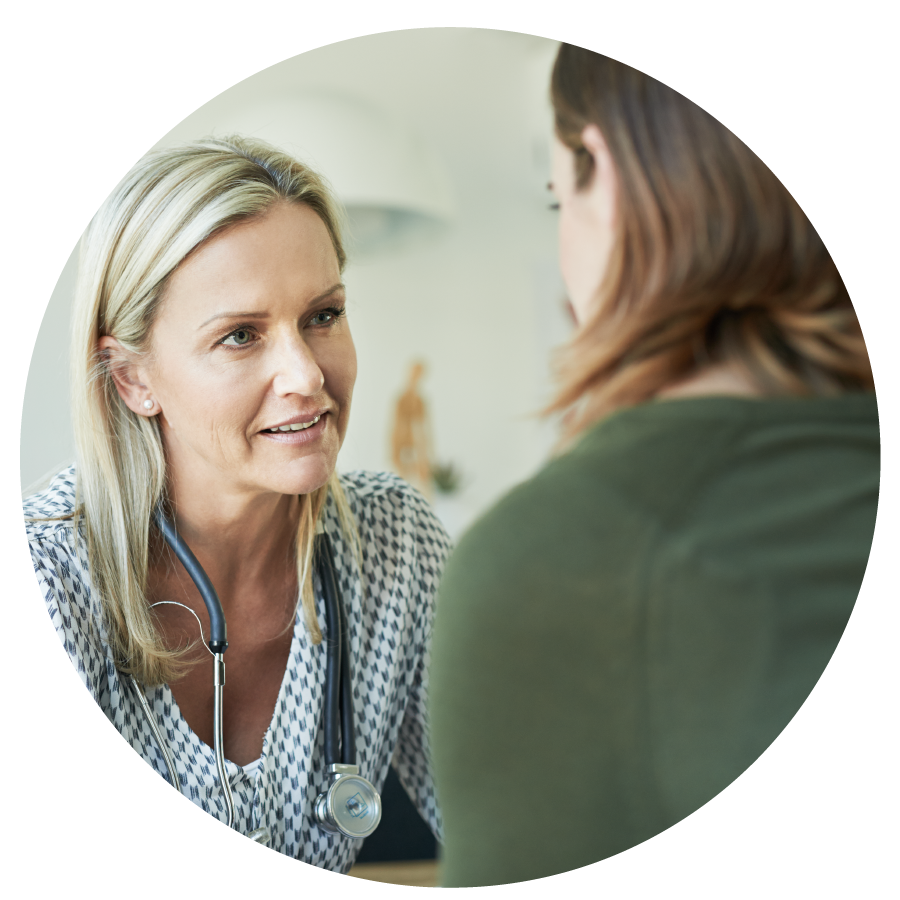
Your Recovery Journey Begins Here
The first 24 hours of your treatment for drugs and/or alcohol
addiction are vital for your success in recovery. During ARC’s intake process, you might experience fear, anger, anxiety, embarrassment, and remorse. These feelings are normal, and our staff is trained to help you manage your emotional transition throughout the entire process. For many who stay, these negative emotions subside and hope is quickly realized.
Did you know that over 50% of the individuals working at ARC have either been through one of our facilities and treatment programs or are in longterm recovery themselves? They will meet you where you are emotionally and help determine (along with our medical staff) your treatment plan. At one point in time, they have been where you are at this vulnerable moment and know how it feels. To make your transition into ARC residential treatment as simple and smooth as possible, we initiate the beginning stages of the alcohol and drug treatment intake process as soon as you contact us.
After you speak with one of our intake specialists and both parties agree that ARC is the right t for you, you can make your way to the facility best suited for you, or ARC can have transportation available in your driveway within 24 -hours to transport you.
Once you arrive at our facility, you will meet with ARC team members who will help you get adjusted to the facility and will typically begin by gathering basic information from you and helping you adjust to your new surroundings. As you begin your new journey in recovery, you will receive a 72-hour buddy, which is a client who has been with ARC for a significant amount of time. Your 72-hour buddy will show you around the campus, introduce you to other individuals in recovery, help answer questions, and become a mentor in this very important time in your life. Your 72-hour buddy will also show you where classes and groups are held, where to seek medical staff, your room, etc. They will also discuss guidelines and culture with you. Remember, we want you to be successful.
7-Day Expectations

Add Your Heading Text Here
During your first 7-days, we will help take care of all of your basic needs. Use this time to rest and re-energize. In addition to our regular meal service, food is generally available on request (cereal, sandwiches, and some fruits depending on availability) during your first 48 hours.
The first 24 to 48 hours will be considered an “acclimation period,” depending on the level of withdrawal you might be experiencing. This time will be valuable in building a partnership between yourself, your brothers/sisters in recovery, and the center staff. You will work closely with our medical team to ensure you are comfortable.
Your 72-hour buddy and interns (temp-staff) will introduce and assign a color group based on your Phase 1 level of care (LOC). This will warrant an assigned chore for different portions of the center. These small but important chores will coincide with your initial responsibility of keeping your bed area and dorm clean. This will help begin to formulate the structure needed to focus on your safety and the here and now. Everyone in the program is assigned a chore.
Iron sharpens iron, so one man/woman sharpens another. This type of mindset creates security and fellowship of the program as we begin to grow stronger as a group. We never judge, and always love.
The same color group associated with your assigned chore will also be the same color for your clinical group. This is to eliminate any confusion and to never leave a man or woman behind. We always stay focused on each other and ourselves.
During this time, you are likely in Phase 1 or RTC level of care, which means that you should receive 2 hours of clinical group in the morning and 2 hours of peer-led services in the afternoon. This program is simple but not easy and demands a level of willingness that may seem overwhelming initially but will build spiritual muscle and insight, preparing you for the next phase of your development that’s soon to come.
With this continued responsibility also comes some privilege. You will be allowed to use the phone to call family on day 8 of the program. You can write letters anytime during the program, but phone calls and video visits are only after the first 7 days are complete.
30 Days & Beyond

Add Your Heading Text Here

Your Journey Continues
Congratulations! You’ve made it halfway through Phase 1 (RTC), but more importantly, you have been clean and sober for 30 days! This is the first of many you can expect as you continue your recovery journey.
The first week is complete, and now, a solid foundation in recovery is available for you if you keep moving forward. Phase 1 Level of Care (LOC) is generally around 28-33 days in length. Having completed the first week should make the days seem a bit more fulfilling.
The chores will continue as you’ve come to expect but are subject to change to other portions of the center to help you better gain the overall experience needed to grow into the leader you are seeking to become.
The clinical portion and peer-led services should begin to make more of an impact, especially if you start to participate more and more as the “fog” of active addiction becomes less apparent.
In your second and third weeks, you will begin to realize and reflect on some of the wreckage that active addiction has created in your life. You may experience an overwhelming amount of emotions. Guilt, shame, and remorse with some anxiety and possible depressive episodes are common. Do not be alarmed. These emotions and feelings are part of the process and need to be felt, recognized, and shared as time passes.
The center will have several avenues to help you cope with these thoughts and feelings. There is individual counseling, fellowshipping with others who may feel similar, mild exercise, church services, meetings (AA/NA and CR), and other activities that help you find the freedom you are seeking.
As you begin to reconnect with your family, which generally occurs in the first 30-45 days of recovery, there will be the yearning desire to leave the program and return home. This will be, at times, the family’s idea, as they too have some guilt and reservations of their own. We hope that since you have stayed this long, you will be willing to see it through to completion. If you decide to stay with us for the duration, many worthwhile opportunities await you in the last phase of your care and development.
Crisis to Career™

Add Your Heading Text Here
Job Skills & Education
During the final phase of treatment, you will have several options to best suit your treatment, education, and employment needs.
ARC Internship Program
ARC provides the opportunity for you to build life skills through participating in our internship program while receiving continued aftercare and support services in a residential setting. This will give you on-the-job training while you are also participating in an education program, and prepare you for a career either inside or outside of ARC.
Educational Programming
Educational programming is a requirement of ARC’s internship program. While completing your internship and still receiving addiction treatment services at ARC, you may choose to begin your academic career with The Millard College or another educational institute of your choice.
The Millard College offers several programs during an internship, including:
- Work Ready: General Studies Certificate
- Work Ready: Peer Support Certificate
- Work Ready: Automotive Certificate
- Work Ready: Welding Certificate
- Work Ready: Culinary Arts Certificate
- Addiction Recovery Studies Certificate
Getting Started
To start our admissions process, just give us a call at (606) 638-0938.
One of our experience admissions coordinators will talk you through the process.
We’ll begin by helping you by verifying your insurance, answer your questions, and figure out transportation to one of our centers. Then, we’ll figure out a good start date to begin your recovery journey.

